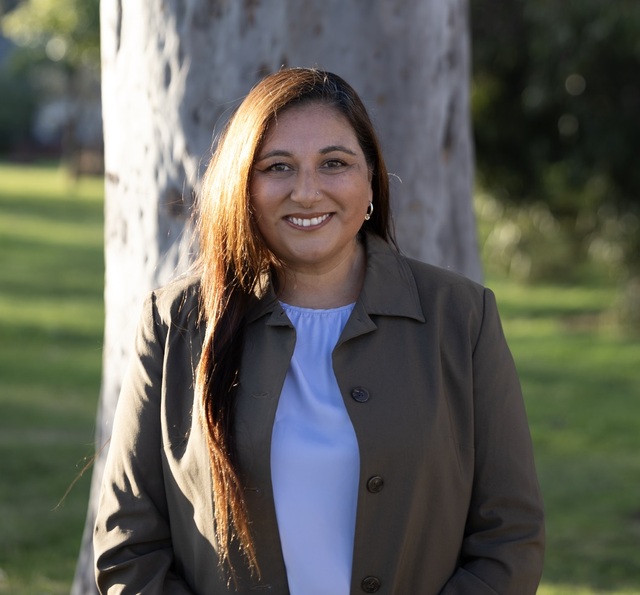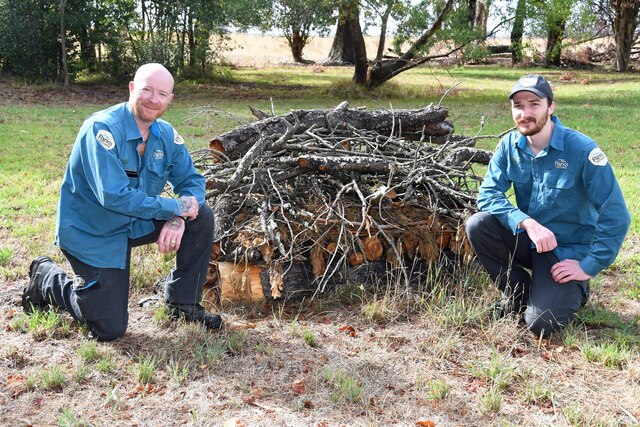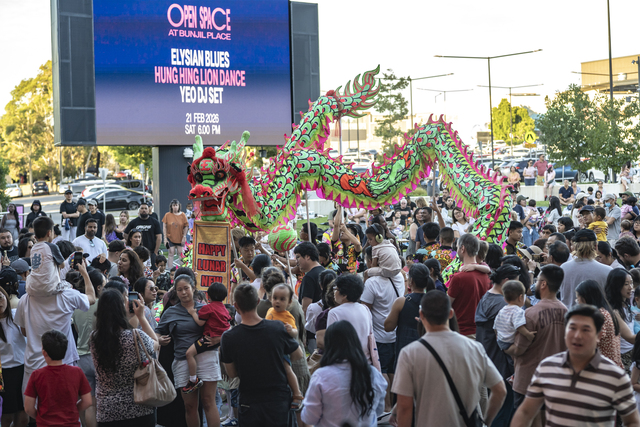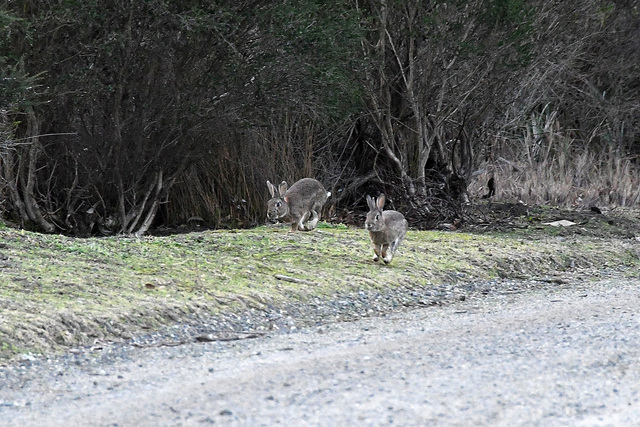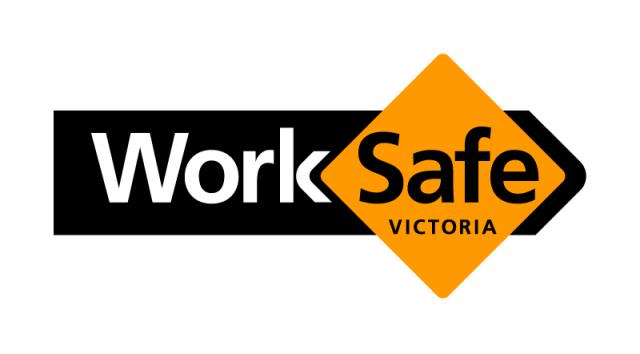Recently I spoke at length with Noonuccal elder Uncle Gene Blow, one of the most insightful and connected individuals I have ever met.
Together, we reflected on the polarised discussions surrounding Australia Day.
Instead of simply calling for a change of date, we explored what a truly inclusive day might look like—one that respects First Nations people, acknowledges our history, and brings all Australians together.
This is not about being flippant or trying to change minds; it’s about uniting people, finding a compromise that makes sense, and creating a sense of pride that reflects the strength of what it means to be Australian.
We are not stubborn people, we are happy go lucky, the “she’ll be right mate” attitude, and we respect a ‘fair go’ and believe in mateship and camaraderie.
THE TRUTH BEHIND 26 JANUARY
Many Australians misunderstand the significance of 26 January.
It is not the day Captain Cook arrived (April 29, 1770) or even the day the First Fleet landed (January 18–20, 1788).
Instead, it marks the raising of the British flag at Sydney Cove in 1788—a moment that began the colonisation of this land, with devastating consequences for First Nations peoples.
For many, it is a painful reminder of dispossession, survival, and resistance.
For many a disgust at the inhumanity rendered on the traditional custodians.
However, 26 January also holds another layer of meaning.
On this day in 1949, the Australian Citizenship Act came into force (according to the NLA), making Australians citizens of their own nation for the first time rather than British subjects.
Millions have since chosen this day to formalise their Australian citizenship, making it significant for many.
Uncle Gene is doing a smoking ceremony for the beautiful Pilipino community that celebrate 26 Jan each year as the day they pledge allegiance to this country.
So let’s change 26 January to a day of thanksgiving, remembrance and acknowledgment and call it Citizenship Day? But moving forward is this the best date to represent who we are as a nation?
PROPOSAL: A BETTER DATE – DECEMBER 12, THE DAY OF COLLABORATION AND IDENTITY
A more fitting date would be one that symbolises unity, collaboration, and progress—a day that tells the story of Australia’s identity in a way that resonates with all its people.
12 December, 1817, stands out as the most logical and inclusive choice.
On this day, Governor Lachlan Macquarie formally recommended the name “Australia” to replace “New Holland”.
This change was inspired by the work of Matthew Flinders, the first person to circumnavigate the continent, and Bungaree (a Garigal man), the first Aboriginal man to do so.
Together, Flinders and Bungaree mapped the Australian coastline, proving it was one landmass and shaping the identity of the nation we know today.
It is important to recognise that it wasn’t Macquarie who came up with the name “Australia”.
The proposal came from Flinders and Bungaree, whose collaboration exemplifies the values of teamwork, respect, and a shared vision.
Macquarie merely presented their suggestion—a decision that ultimately defined how we see ourselves as a nation.
WHY NOT 1 JANUARY?
1 January, 1901, marks the federation of Australia, when six British colonies united to form the Commonwealth of Australia.
It was undeniably a milestone in our history, symbolising unity and progress.
However, choosing January 1 as Australia Day risks overshadowing its significance as it coincides with New Year’s Day.
It would also tie the celebration to federation, which might alienate those who hope for Australia to one day become a republic.
By leaning towards 12 December, we select a date that transcends these debates and celebrates a unifying moment in history, regardless of our political future.
WHY CHANGE IS NECESSARY
Reframing Australia Day isn’t about disregarding history—it’s about recognising it honestly and inclusively.
The current date perpetuates division and pain, where we need harmony and pride.
By choosing a date like 12 December, we acknowledge the collaborative spirit that defines Australia and celebrate the resilience of its people—First Nations, settlers, and migrants alike.
This isn’t about rewriting the past; it’s about reshaping the present to build a stronger, more united future. It is about changing the narrative.
LEADERSHIP AND ACTION ARE NEEDED
Now is the time for strong leadership.
Politicians and decision-makers must stop brushing aside this critical conversation and instead take meaningful action to unite Australians.
We no longer live as sheep, no more divide and conquer. Ignorance breeds misunderstanding, racism, bullying and fear.
We are better than that.
Reframing the narrative of Australia Day is not a trivial change; it is a crucial step in creating a shared narrative that brings people together and strengthens national pride.
Perhaps choosing 12 December as Australia Day would allow us to celebrate a moment of unity that transcends politics, division, and debate.
It would symbolise collaboration, resilience, and the shared identity that makes Australia extraordinary.
This is our chance to move forward together:
Stronger, prouder, and more united.
– Dr Jamel Kaur Singh is an Eumemmerring author, academic and founder of Corporate Cultural Change Consultancy. As a candidate in the 2024 Casey Council elections, Dr Singh called out racist abuse in politics and community.

